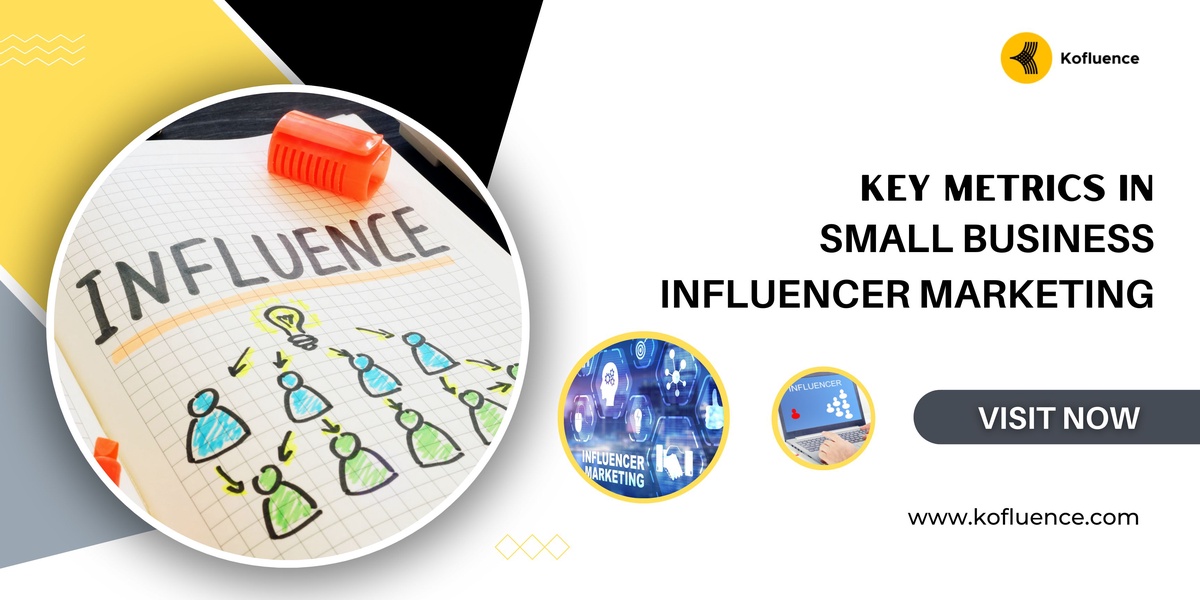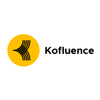Influencer marketing is becoming a crucial tactic for small companies trying to build their brands and increase sales. Small businesses may reach a larger audience for their products or services by collaborating with influencers that have a loyal following.
However, for small businesses with limited marketing tools and budgets, gauging the effectiveness of influencer campaigns can be difficult. It's critical to comprehend key performance measures in order to assess the effectiveness and return on investment of your influencer marketing campaigns.
The crucial KPIs that small businesses should monitor while executing influencer marketing campaigns will be covered in this article. Additionally, it will look at resources that help entrepreneurs with limited resources handle metrics tracking more effectively.
Key Metrics for Small Business Influencer Marketing
There are several important metrics that small businesses should focus on tracking to understand the impact of their influencer campaigns:
- Reach - The total number of unique users who saw a particular content post or story. Tracking total reach across all influencer content helps understand how widely your messaging is spreading.
- Engagement Rate - The percentage of people who engaged with a post through actions like comments, shares, likes, or clicks. Engagement rate indicates how engaging particular influencers or types of content are.
- Conversions - The number of goals that were met through your campaign, such as signups, purchases or store visits. Conversions are the most important metric as they directly correlate to ROI.
- Click-Through Rate (CTR) - The percentage of people who clicked on a link in an influencer post leading to your website or product page. A high CTR suggests the content is effective at driving traffic.
- Cost per View (CPV)/Thousand Views (CPM) - The cost of running an influencer campaign divided by total views/impressions. This metric helps determine how cost-efficient different campaign strategies or influencers are.
- Retention/Loyalty - The percentage of new customers, newsletter subscribers or app users retained over time as a result of the campaign. Indicates how well campaigns boost repeat engagement.
- Sentiment Analysis - The ratio of positive vs negative comments and reviews. Valuable for tracking brand perception over time.
Some additional metrics that provide more insights include shares, saves, comments, viewership duration and followers/subscribers gained. Tracking the right mix of vanity and conversion metrics helps small businesses optimize influencer campaigns over time.
Using Metrics to Improve Influencer Campaigns
Understanding how influencer campaigns are performing allows small businesses to refine strategies and target efforts where they make the most impact. Some ways metrics can be used for improvements include:
- Identifying top-performing influencers/content types based on engagement and conversion metrics to work with them more.
- A/B testing different types of influencer posts, hashtags or call-to-actions to see what resonates best.
- Adjusting budgets towards platforms, niche or geo-locations that are driving better results.
- Understanding busy posting schedules and times that see higher engagement for future campaigns.
- Noting which conversion goals like newsletter signups are working well to double down on those efforts.
- Regularly reporting numbers to influencers for mutually Accountable partnerships over time.
- Spotting any drops in engagement, retention or negative sentiment early to make requisite changes.
By dedicating some time each month to analyze influencer campaign metrics, small businesses can optimize efforts, increase ROI and scale successes - all while working within constrained marketing budgets.
Importance of Metrics for Small Business Influencer Marketing
Leveraging influencer marketing for small business is an affordable way to spread brand awareness and connect with target audiences. However, without the infrastructure for rigorous metrics tracking, it can be difficult to quantify actual business impact and ROI.
Having performance visibility through metrics also helps justify further investments in influencer marketing to internal or financial stakeholders. Influencer initiatives become clearly defined business drivers instead of maybe ambiguous costs.
Utilizing free resources or reasonably priced metrics platforms, small businesses may get around resource constraints in order to get insightful audience data. This gives them the tools they need to grow achievements, prove their genuine influencer value, and optimize methods even with tight budgets.
Gaining an understanding of influencer campaign analytics is essential for small businesses to fully utilize this effective marketing strategy. They may fine-tune their efforts to generate ever-greater benefits for their brand and bottom line with consistent tracking and analysis.


No comments yet